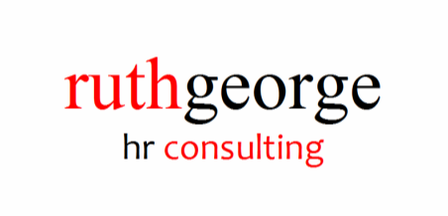If you haven’t heard of The Good Work Plan yet, you will be hearing a lot more about it in the coming months. It’s set to affect almost every business in the country when its policies come into force on 6 April 2020.
Dubbed ‘one of the biggest shake ups of employment law in a generation’ The Good Work Plan came about as a result of an independent review, known as the Taylor Review of Modern Working Practices in July 2017.
Most of the 53 recommendations put forward in the Taylor review were accepted in principle by the government. This resulted in a number of consultations on how these proposals could be successfully implemented and the government’s Good Work Plan is, they claim, their ‘vision for the future of the UK labour market.’
Dubbed ‘one of the biggest shake ups of employment law in a generation’ The Good Work Plan came about as a result of an independent review, known as the Taylor Review of Modern Working Practices in July 2017.
Most of the 53 recommendations put forward in the Taylor review were accepted in principle by the government. This resulted in a number of consultations on how these proposals could be successfully implemented and the government’s Good Work Plan is, they claim, their ‘vision for the future of the UK labour market.’
What changes are coming into effect?
It’s likely that most businesses will have to make some changes, especially if you employ agency staff or team members working shift patterns. You may also need to amend contracts, consider your relationship with agency workers and review how you calculate holiday pay.
Apparently up to 60% of UK employers haven’t heard of the Good Work Plan – don’t be one of them! If you haven’t already checked that your organisation complies with the new requirements, now is the time to do a quick audit to see if any of these key changes need action in your company.
Ruth George - HR Consultant
[email protected]; 07899 920075
This is not legal advice and is provided for general information only. © Ruth George HR Consulting.
- All new employees and workers will have the right to a statement of written particulars from their very first day of employment - employers should begin preparation of the revised statement of particulars during the recruitment stage and ensure that these include every element of the new requirement;
- Holiday pay calculations - the holiday pay reference period will increase from 12 weeks to 52 weeks. Employers will be required to look back at the previous 52 weeks where a worker has worked and received pay, discarding any weeks not worked or where no pay was received, to calculate the average weekly pay. The aim is to help even out the variation in pay for workers, particularly those in seasonal or atypical roles;
- Increased protection for agency workers - the ‘Swedish derogation’ will be abolished. Once agency workers have satisfied the 12-week qualifying period, they will be entitled to equal pay to workers who are engaged directly by the employer;
- IR35 – currently, if an individual provides services to a business in the private sector via a PSC (personal service company) then it is down to the intermediary to determine whether IR35 applies. In April that all changes and the onus will be on the employing company to decide whether a PSC is inside or outside IR35. It’s essential that businesses carry out an assessment to determine whether the new rules under IR35 apply to their independent contractors and review their contracts and pay arrangements.
It’s likely that most businesses will have to make some changes, especially if you employ agency staff or team members working shift patterns. You may also need to amend contracts, consider your relationship with agency workers and review how you calculate holiday pay.
Apparently up to 60% of UK employers haven’t heard of the Good Work Plan – don’t be one of them! If you haven’t already checked that your organisation complies with the new requirements, now is the time to do a quick audit to see if any of these key changes need action in your company.
Ruth George - HR Consultant
[email protected]; 07899 920075
This is not legal advice and is provided for general information only. © Ruth George HR Consulting.
